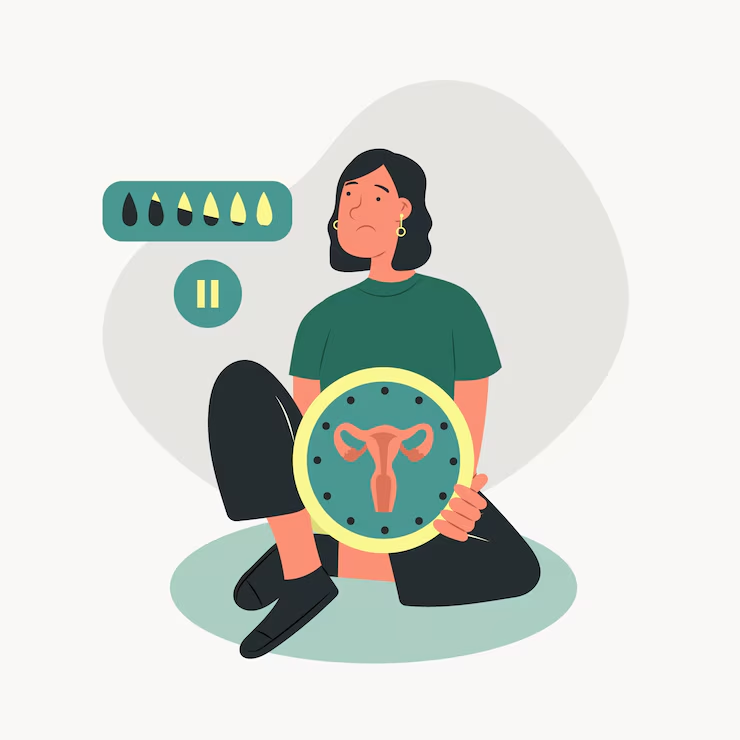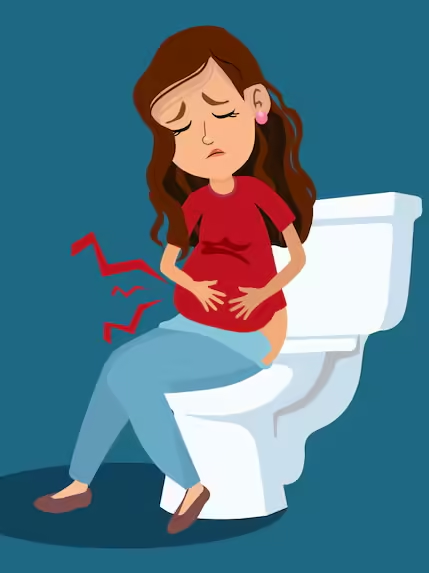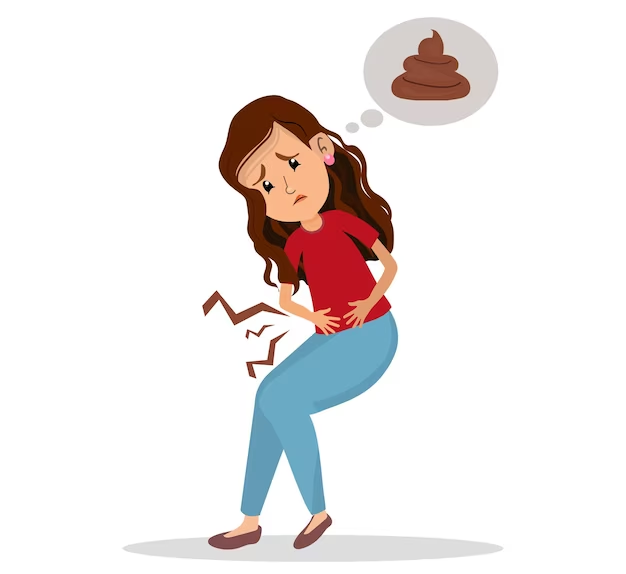Pelvic Organ Prolapse Treatment in Indore
Make an Appointment
Online Schedule
Dr. Namrata Kachhara is a leading expert in pelvic organ prolapse treatment in Indore, offering advanced medical care and compassionate support to women facing this condition. With over 35 years of experience in gynecology, she provides personalized treatment plans tailored to the severity of the prolapse and each patient’s unique needs.
Her expertise in minimally invasive surgical techniques, combined with a patient-first approach, ensures effective outcomes and a smoother recovery. Women trust Dr. Kachhara for her comprehensive care in managing and treating pelvic organ prolapse.
Understanding Pelvic Organ Prolapse
Pelvic organ prolapse occurs when the muscles and tissues supporting the pelvic organs weaken, causing one or more organs—such as the bladder, uterus, or rectum—to descend into or outside the vaginal canal. This condition is common in women who have experienced childbirth, menopause, or aging-related muscle weakening.
While pelvic organ prolapse can lead to discomfort and impact daily life, it is a treatable condition. Early intervention and effective treatment can restore pelvic function and improve quality of life.
Symptoms of Pelvic Organ Prolapse
- Pelvic Pressure
- Bulging Tissue
- Discomfort During Activities
- Urinary Problems
- Bowel Issues
A feeling of heaviness or pressure in the pelvic region.

A visible bulge in or outside the vaginal opening.

Pain or discomfort while walking, exercising, or standing for long periods.

Frequent urination, incomplete bladder emptying, or urinary incontinence.

Constipation or difficulty passing stools.

If you notice any of these symptoms, consult Dr. Namrata Kachhara, a trusted expert in pelvic organ prolapse treatment in Indore, for an accurate diagnosis and effective care.
Why Choose Dr. Namrata Kachhara for Pelvic Organ Prolapse Treatment?
- Decades of Expertise
Dr. Kachhara brings over 35 years of experience in managing and treating complex gynecological conditions, including pelvic organ prolapse.
- Comprehensive Diagnostic Approach
Using advanced tools and imaging techniques, she accurately diagnoses the severity of prolapse to plan the best course of action.
- Minimally Invasive Surgical Solutions
For severe cases, she specializes in laparoscopic and robotic-assisted surgeries, ensuring quicker recovery and reduced discomfort.
- Tailored Treatment Plans
Every patient receives a personalized plan designed to address their specific condition and overall health.
- Compassionate and Holistic Care
Dr. Kachhara provides emotional support and comprehensive recovery plans to ensure her patients feel confident and cared for throughout the treatment process.

Treatment Options for Pelvic Organ Prolapse
Pelvic Floor Exercises
Strengthening pelvic muscles through targeted exercises like Kegels can help manage mild cases and prevent further progression.
Minimally Invasive Surgery
For moderate to severe prolapse, Dr. Kachhara performs surgical repairs using advanced techniques like uterine suspension or reconstructive surgery.
Hormone Therapy
Estrogen therapy may help strengthen vaginal tissues, especially for postmenopausal women.
Vaginal Pessary
A vaginal pessary, a removable device inserted into the vagina, provides support for pelvic organs and relieves symptoms.
Lifestyle Modifications
Guidance on weight management, avoiding heavy lifting, and improving bowel habits helps reduce strain on the pelvic floor and supports recovery.
Reclaim Your Pelvic Health with Confidence
Pelvic organ prolapse can affect your comfort and confidence, but it doesn’t have to control your life. Dr. Namrata Kachhara’s expertise in pelvic organ prolapse treatment in Indore ensures personalized care and advanced solutions to help you regain strength and well-being.
Book your consultation today and take the first step toward restoring your pelvic health and quality of life.
FAQs About Pelvic Organ Prolapse Treatment
Prolapse is often caused by weakened pelvic muscles due to childbirth, menopause, aging, or chronic pressure from activities like heavy lifting or prolonged coughing.
Minimally invasive procedures are safe, effective, and have a high success rate with quicker recovery times.
With proper care, including pelvic floor strengthening and healthy lifestyle practices, the chances of recurrence are significantly reduced.
Yes, mild cases can be managed with pelvic floor exercises, pessaries, or lifestyle changes. Surgery is recommended for more severe cases.
Most patients recover within 4–6 weeks, with many resuming daily activities much earlier.
